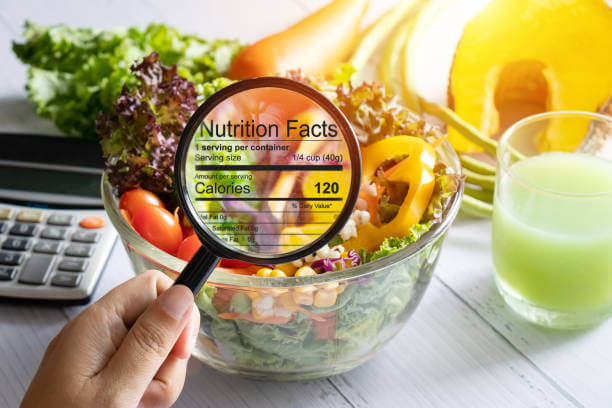As consumer expectations shift, transparency in food and beverage procurement has emerged as a key factor in earning trust and driving loyalty. More diners are actively seeking information about the origins of their food, the practices behind its production, and the ethics of the brands they support.
What Does Transparency Mean?
Transparency in procurement means being open about where products come from, how they’re made, and the people involved in bringing them to the table. This includes:
-
Ingredient sourcing
-
Production and processing methods
-
Labour conditions across the supply chain
It’s not just about meeting ethical standards—it’s also about enabling informed choices and reinforcing consumer confidence.
Why Transparency Matters
There are many advantages to prioritising transparency:
-
For consumers, it allows better decision-making, especially for those who prioritise health, sustainability, or ethical practices.
-
For businesses, it builds brand trust and positions the business as socially responsible.
-
For the planet, it encourages sustainable sourcing and production practices that reduce environmental impact.
Recent research highlights the importance of this shift: 73% of consumers are more likely to support brands that are transparent about their supply chains.
What Transparency Looks Like in Practice
🥬 Clear Ingredient Labelling
Clearly listing ingredients—including their country of origin—helps consumers understand exactly what they’re consuming.
⚙️ Processing Method Disclosure
Sharing how products are made (e.g., use of pesticides or additives) enhances accountability and supports those with dietary restrictions or environmental concerns.
👷 Ethical Labour Practices
Communicating information about working conditions, fair wages, and rights of workers ensures ethical sourcing and supports social responsibility.
How Businesses Can Improve Transparency
-
Label clearly and honestly – Ensure packaging or menus outline sourcing and processing details.
-
Leverage technology – Use tools to trace and report supply chain data from farm to plate.
-
Partner with ethical suppliers – Choose to work only with vendors who uphold sustainable and fair practices.
-
Adopt third-party certifications – This adds credibility and helps validate sustainability claims.
The Role of Technology
Thanks to digital innovation, businesses can now track and compile detailed sourcing information across their entire supply chain. These technologies make it easier to verify data, communicate facts to customers, and adapt procurement strategies based on real-time insights.
Start Building Trust Through Transparency
Transparency is no longer a luxury—it’s a necessity. As the hospitality landscape evolves, businesses that lead with openness will stand out, win customer loyalty, and support a more ethical industry.
At Alto Cibum, we help hospitality groups across Australia and New Zealand develop strategies that align with customer expectations while improving profitability. Get in touch with our team to learn how we can support your growth through transparency-led practices.


